Optimal Timing for Interior Painting
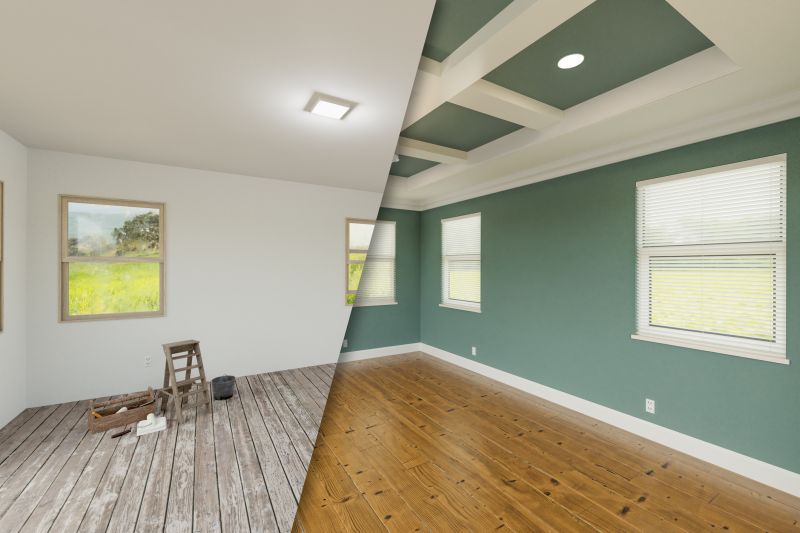
Ways to make Interior Paintings work in tight or awkward layouts.
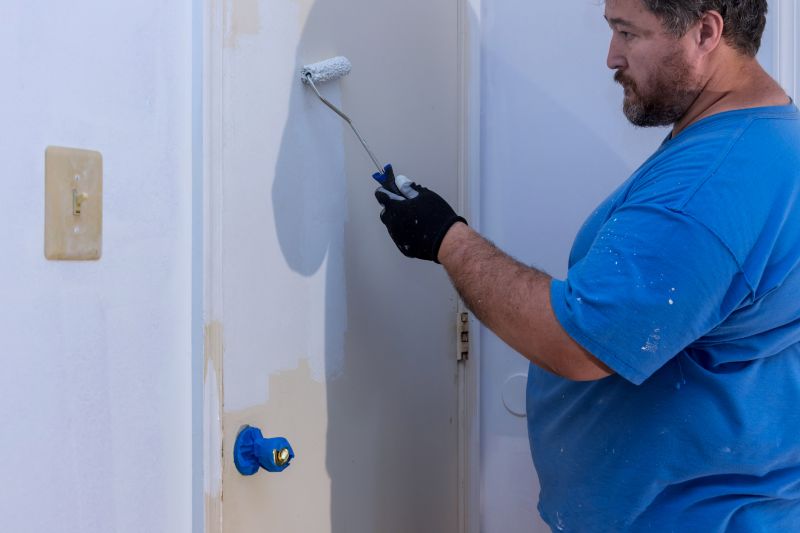
Popular materials for Interior Paintings and why they hold up over time.
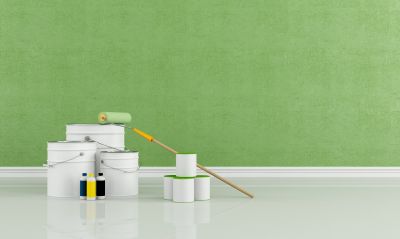
Simple add-ons that improve Interior Paintings without blowing the budget.
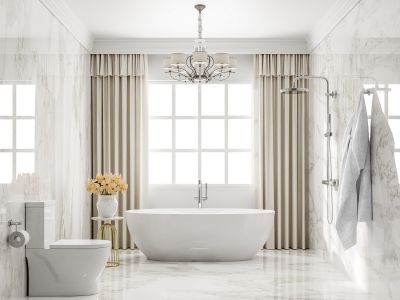
High-end options that actually feel worth it for Interior Paintings.
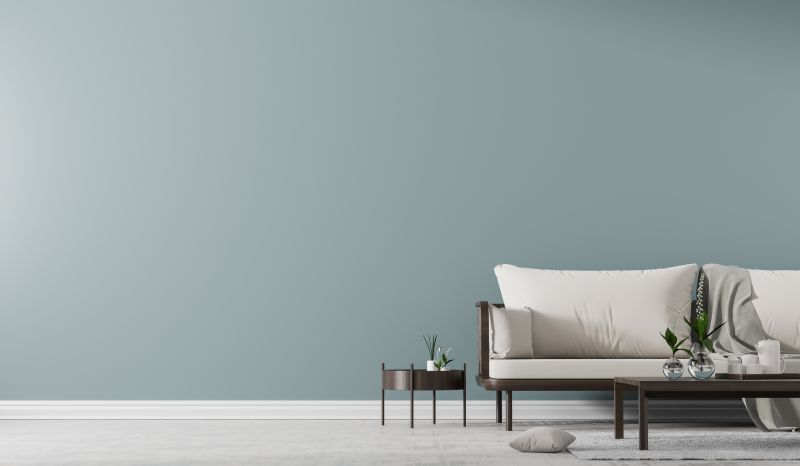
Finishes and colors that play nicely with Interior Paintings.
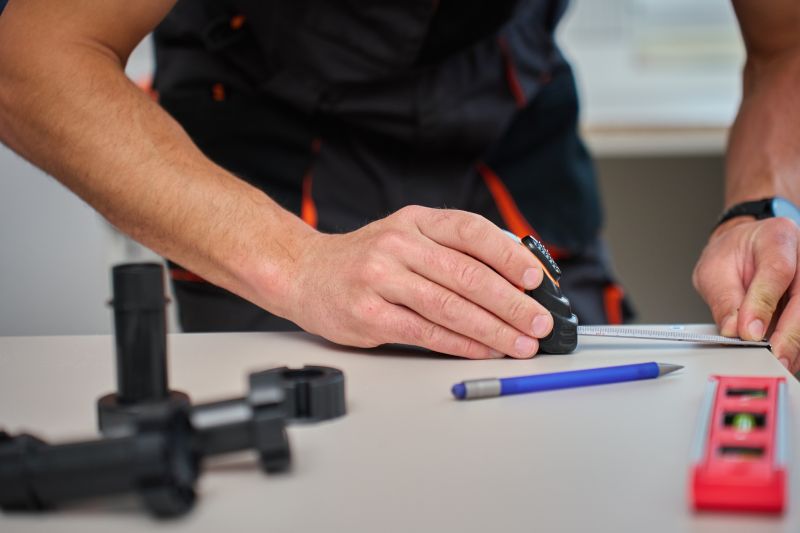
Little measurements that prevent headaches on Interior Paintings day.
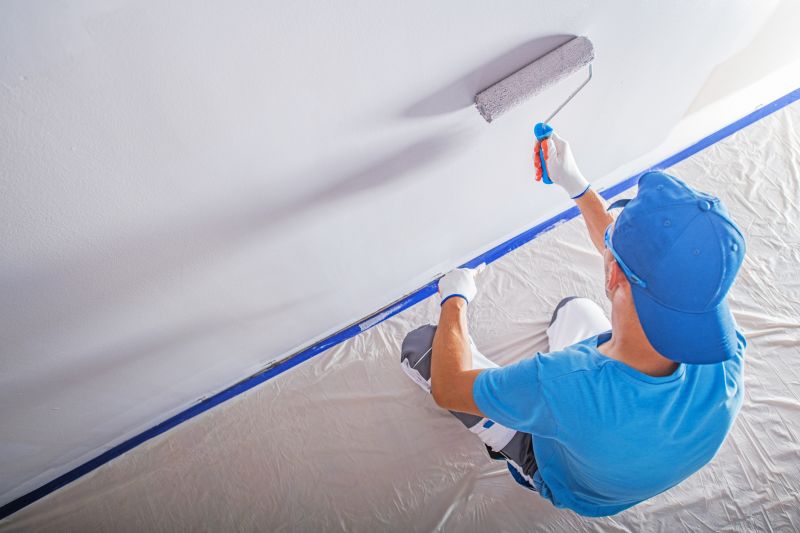
A 60-second routine that keeps Interior Paintings looking new.
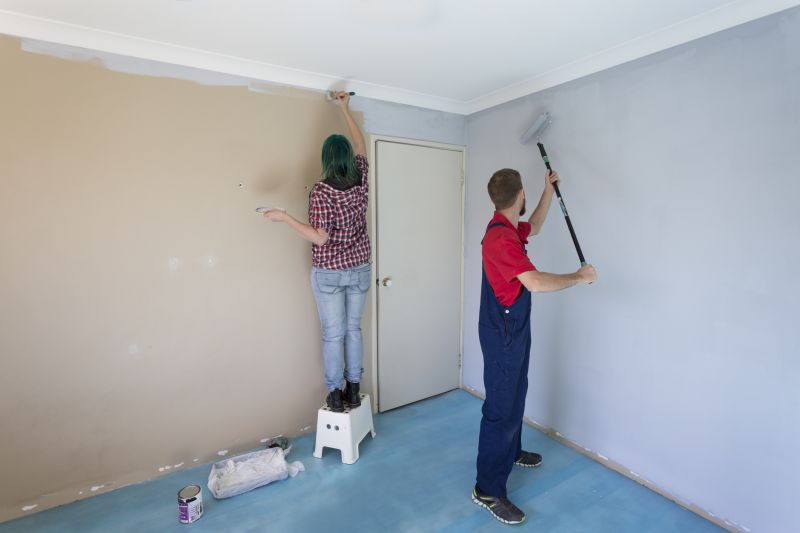
A frequent mistake in Interior Paintings and how to dodge it.
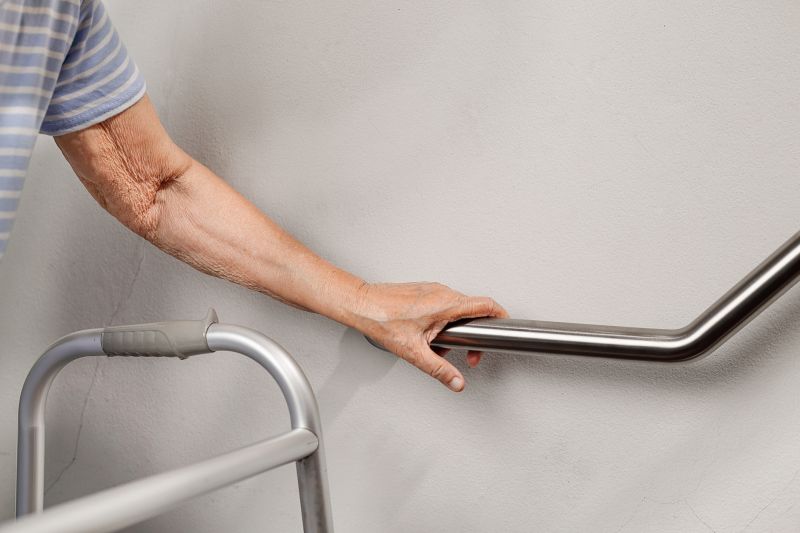
Small tweaks to make Interior Paintings safer and easier to use.
Interior painting is a key aspect of home renovation and decoration, impacting both aesthetics and property value. Proper timing ensures optimal results, minimal disruption, and longer-lasting finishes. The best time for interior paintings depends on climate conditions, indoor humidity, and personal schedules, among other factors.
Spring and fall are generally ideal for interior painting due to moderate temperatures and lower humidity levels, which help paint dry evenly.
Avoid painting during extreme heat or cold, as temperature fluctuations can affect paint adhesion and drying times.
Choose a time when indoor humidity is low, typically during dry months, to prevent issues like bubbling or peeling.
Off-peak seasons often provide more flexible scheduling for professional painters, reducing costs and wait times.
Interior painting is a strategic process that benefits from careful timing. Properly scheduled projects can reduce the risk of paint failures and ensure a smooth application. Seasonal considerations, indoor climate, and personal convenience all play roles in determining the best time to undertake interior painting projects.



